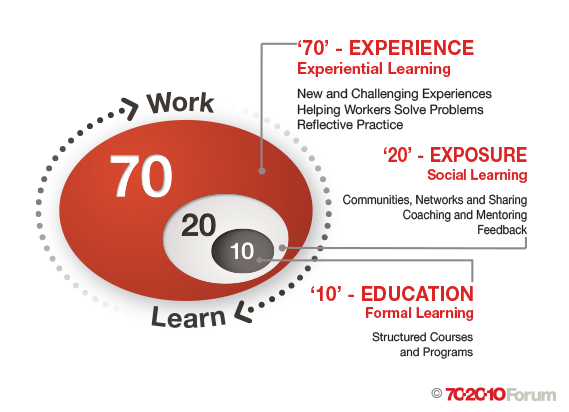Harnessing Knowledge Assets to Enhance Agility at Work
Developing key competencies needed to acquire, produce and integrate tacit knowledge comprising expertise, experience as well insights
2-DAY WORKSHOP
FAQ & Further Information
The program is premised on the basis of developing key competencies needed to acquire, produce and integrate tacit knowledge comprising expertise, experience as well insights. This is done primarily to unplug tacit knowledge needed to change and respond to changes in order to survive in a turbulent business environment.
To improve such competencies, a two day workshop session is proposed in this proposal. The broad areas of focus that will be covered in this two day session will include providing tool and techniques designed to assist participants in :
- Acquiring, producing and integrating critical knowledge in a highly turbulent business environment
- Engaging in insightful questioning and reflective listening
- Encouraging insights on how to change and respond to changes required in a turbulent environment
- Fostering creative conversations at the workplace
Terminal Objective
On completion of the training program, the participants will be able to define key elements that characterize culture of accountability and undertake processes that are aimed to improve overall ability to harness knowledge assets to improve agility.
Key course outcomes
- Define underlying basis for unplugging tacit knowledge and enhancing agility;
- Determine key knowledge management processes;
- Establish the right environment for acquiring, producing and integrating tacit knowledge;
- List key requirements for and principles of agility at the workplace;
- Apply principles of agility through insightful questioning and attentive listening;
- Foster a culture of accountability at the workplace.
Harnessing Knowledge Assets to Enhance Agility at Work
Overview
To improve such competencies, a two day workshop session is proposed in this proposal. The broad areas of focus that will be covered in this two day session will include providing tool and techniques designed to assist participants in :
- Acquiring, producing and integrating critical knowledge in a highly turbulent business environment
- Engaging in insightful questioning and reflective listening
- Encouraging insights on how to change and respond to changes required in a turbulent environment
- Fostering creative conversations at the workplace
Terminal Objective
On completion of the training program, the participants will be able to define key elements that characterize culture of accountability and undertake processes that are aimed to improve overall ability to harness knowledge assets to improve agility.
Key course outcomes
- Define underlying basis for unplugging tacit knowledge and enhancing agility;
- Determine key knowledge management processes;
- Establish the right environment for acquiring, producing and integrating tacit knowledge;
- List key requirements for and principles of agility at the workplace;
- Apply principles of agility through insightful questioning and attentive listening;
- Foster a culture of accountability at the workplace.
Harnessing Knowledge Assests to Enhance Agility at Work Syllabus & Outline
|
Time |
Activity |
|
|
9.00 |
Introduction and Overview
|
|
|
9.05 |
Pre-Test |
|
|
9.15 |
Introduction to Knowledge Management and Agility
|
|
|
10.00 |
Overview on basis for harnessing knowledge and enhancing agility
|
|
|
10.30 |
TEA BREAK |
|
|
10.45 |
Determining key knowledge processes
|
|
|
11.30 |
Identifying tacit knowledge for responding to change Key considerations in identifying tacit knowledge
|
|
|
13.00 |
LUNCH |
|
|
14.00 |
Fostering a culture of accountability through
|
|
|
15.30 |
TEA BREAK |
|
|
15.45 |
Practical techniques for tacit knowledge sharing · Knowledge Café · Peer Assist |
|
|
17.30 |
Question and answer and wrap up for day 1 |
|
FAQ & Further Information
The 70:20:10 Model for Learning and Development has been found to be most effective within the training profession to describe the optimal sources of learning aimed at developing work based competencies. It holds that individuals obtain 70 percent of their knowledge from job-related experiences, 20 percent from interactions with others, and 10 percent from formal educational events.